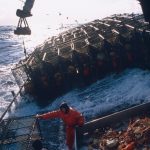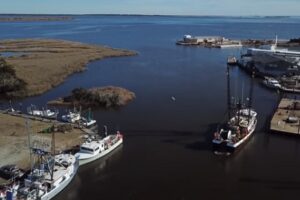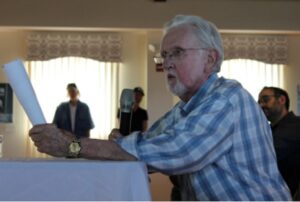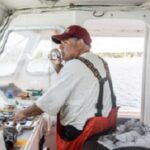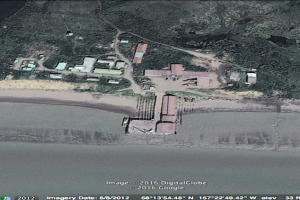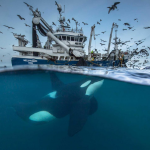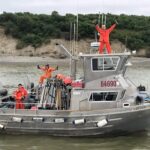FISH-NL: Confederation’s greatest failure
FOR IMMEDIATE RELEASE Friday, March 29th, 2019
The Federation of Independent Sea Harvesters of Newfoundland and Labrador (FISH-NL) says with the approach of the 70th anniversary of Confederation it’s worth reflecting that one of the greatest failures of Newfoundland and Labrador’s union with Canada has been the management of the commercial fisheries.
“Seventy years after Confederation and the state of most of our commercial fisheries is an embarrassment and national shame,” says Ryan Cleary, President of FISH-NL. “It’s Canada’s dirty little secret. The marriage has failed us in terms of fisheries management.”
Five years after Newfoundland joined Canada in 1949 complete management control of the commercial fisheries was handed over to the federal government. Forty-three years after that, in 1992, saw the collapse of northern cod, and the introduction of a commercial fishing moratorium that resulted in the biggest layoff in Canadian history.
Not only has the iconic northern cod stock not recovered, but other commercial stocks such as northern shrimp, snow crab, and caplin are also at or near critical levels. Many rural communities that relied on the fisheries for hundreds of years have seen their economic engine sputter and die, and are quickly fading into oblivion.
Ottawa has also failed to reign in the harp seal population that has exploded since the early 1990s, or to curb seismic blasting as part of offshore oil exploration to give the Grand Banks a much needed break.
Successful federal governments also gutted the budgets for fisheries science, and recent amendments to the federal Fisheries Act failed to include the principle of adjacency whereby those living adjacent to the resources must have priority access.
“If the success of Confederation is measured by the health of our commercial fisheries, our culture industry, our reason for being, then it has been an abject failure,” said Cleary. “It’s time to review our union with Canada in terms of fisheries before we lose access to what resource we have left.”
-30-
Contact: Ryan Cleary 682 4862

































